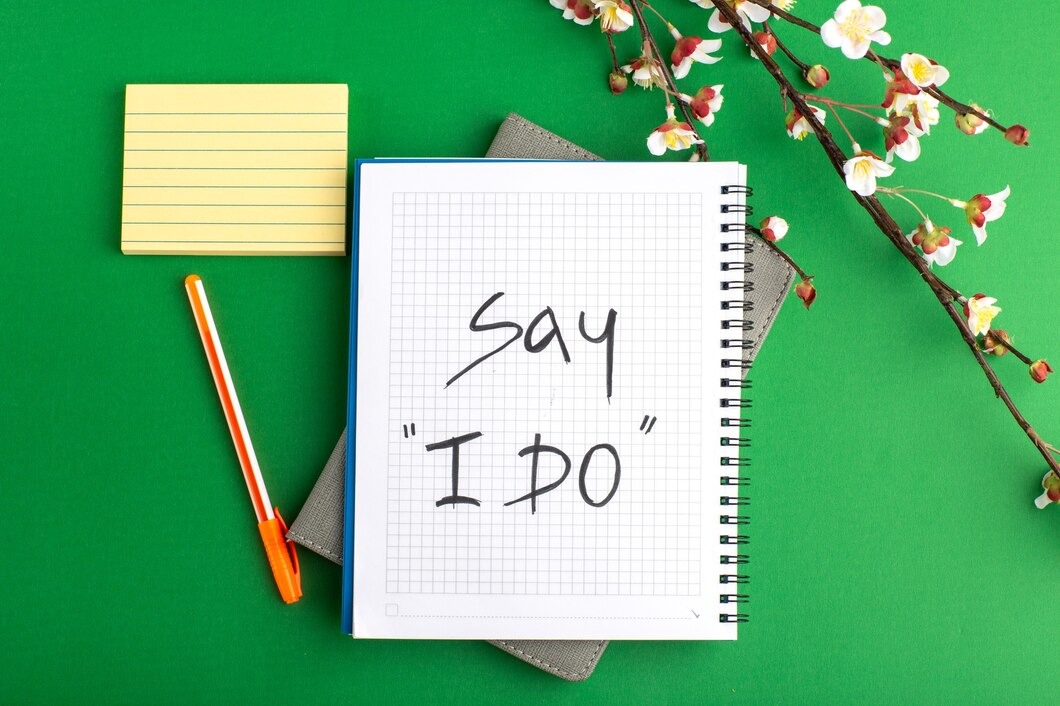
Journaling for Mental Clarity: A Beginner’s Guide
In our busy world, distractions and stress can pile up. Journaling is a great way to clear your mind and boost your emotional health. Writing down your thoughts and feelings helps you reflect. This practice gives you insights into emotions and helps you make better choices. Journaling does more than let you express feelings; it can improve your mental health. It reduces stress, builds self-awareness, and supports personal growth. If you’re new to journaling, this guide offers simple techniques to get you started.
Why Journaling Matters
Journaling goes beyond just recording daily happenings. It gives you a perspective of the world around you. You can also record the events you and changes you are going through. It also helps you to reflect back at the time. It helps you process emotions, organize thoughts, and track personal growth. Mental health experts suggest journaling. It helps clear your mind, reduce anxiety, and boost well-being. It helps to know yourself better.
Scientific Backing of Journaling Benefits
Research shows that journaling can:
- Reduce anxiety and depression by providing an emotional outlet.
- Lower cortisol levels, the stress hormone.
- Improve problem-solving skills through structured self-reflection.
- Strengthen memory and cognitive function by boosting self-awareness.
These findings show that regular journaling can effectively enhance emotional resilience.
The Benefits of Journaling for Mental Clarity

1. Reduces Stress and Anxiety
A key benefit of journaling is stress relief. Writing about worries helps release pent-up emotions and eases mental tension.
How Journaling Helps:
- Identifies stress triggers and coping strategies.
- Offers a safe space for processing negative emotions.
- Encourages mindfulness by shifting focus to solutions.
- If you don’t have friends, make the journal your friend.
2. Enhances self-reflection and awareness.
Journaling promotes deep self-reflection, helping you to understand your thoughts and emotions.
Benefits of Self-Reflection in Journaling:
- Recognizes patterns in emotions and thinking.
- Assists in setting personal goals and tracking progress.
- Encourages gratitude by highlighting positive experiences.
- Helps in later on improvement and self-growth.
3. Supports Mental Health Improvement
Regular journaling can lead to long-term mental health improvements, providing emotional stability.
How journaling enhances mental health:
- Strengthens emotional regulation by articulating thoughts.
- Promotes self-compassion and reduces negative self-talk.
- Helps process trauma and unresolved emotions.
4. Improves problem-solving and decision-making
When faced with choices, journaling helps you evaluate options clearly.
Why Journaling Helps with Decision-Making:
- Organizes thoughts to prevent impulsive decisions.
- Encourages logical reasoning by weighing pros and cons.
- Creates a record of past experiences for learning.
5. Boosts creativity and productivity
Journaling sparks creativity and motivation, not just emotional release.
How Journaling Fuels Creativity:
- Encourages brainstorming and idea generation.
- Enhances problem-solving through free expression.
- Serves as a platform for artistic exploration.
How to Start a Journaling Practice

Starting to journal can feel daunting, but simple steps can help you build this habit.
Step 1: Choose Your Journaling Method
Select a journaling style that fits your goals:
- Traditional Journaling: Write freely about experiences and emotions.
- Gratitude Journaling: List things you’re thankful for each day.
- Bullet Journaling: Use lists to track goals and habits.
- Stream-of-Consciousness Writing: Write without censorship.
- Prompt-Based Journaling: Answer specific questions to guide reflection.
Step 2: Set Aside Time for Journaling
Dedicate a few minutes each day to journal. Whether it’s in the morning or evening, consistency matters.
Step 3: Create a Judgment-Free Zone
Your journal should be a safe space for honest expression. Don’t worry about grammar or structure—focus on your feelings.
Step 4: Use prompts to guide your writing.
If you’re unsure what to write, use prompts like:
- What are three things I am grateful for today?
- What emotions am I feeling right now, and why?
- What challenges did I face today, and how did I handle them?
- What personal goals do I want to achieve this month?
- What are three things I love about myself?
Overcoming Common Journaling Challenges

Many beginners face hurdles when starting a journaling habit. Here are ways to overcome common challenges:
Challenge 1: “I Don’t Know What to Write About”
- Use bullet points or prompts for structure.
- Start with simple observations about your day.
- Reflect on a recent experience and its impact.
Challenge 2: “I Don’t Have Enough Time”
- Keep entries short—5 to 10 minutes can be effective.
- Use digital apps for quick, on-the-go entries.
- Combine journaling with another habit, like morning coffee.
Challenge 3: “I’m afraid someone will read my journal”
- Store your journal securely or use a password-protected app.
- Remember, journaling is for you—it doesn’t need to be perfect.
- If needed, use codes for sensitive topics.
- Using digital journal will make sure that your journal is safe.
Last Words
Journaling offers many benefits, like reduced stress and enhanced self-reflection. You can start small by writing 1 page a day. Then, you have to slowly increase it. If you want emotional clarity, personal growth, or creative inspiration, journaling is a powerful tool. By making it a regular habit, you can boost self-awareness and lead a more balanced life. Start today—grab a pen and begin your journey to mental clarity!


